The trilateral dialogue between Afghanistan, the United States, and Uzbekistan was officially launched in May 2020. During the online conference, Atmar and Hale, alongside Uzbek Minister of Foreign Affairs Abdulaziz Kamilov, underlined the increasing role of cooperation to address issues of mutual interest. The declared agenda for the trilateral format is very comprehensive and includes a variety of priorities like security cooperation, improving connectivity and trade, food security, energy supply, humanitarian collaboration, gender equality, and more.
There are three reasons for the inauguration of these new trilateral platforms in Central Asia.
First, the United States is keen to minimize its military involvement in the conflict in Afghanistan. However, considering the ongoing violent clashes in the country and the stalled intra-Afghan peace talks, the prospects for a full-fledged peace in Afghanistan and the establishment of a stable state anytime soon still remain elusive. In this light, the U.S. needs regional partners in Central and South Asia that might support Afghanistan after the withdrawal of U.S. forces in the near future. Taking these plans into account, Washington is testing different ideas like the new trilateral dialogues in Central Asia to build an updated strategy for Afghanistan. If the trilaterals with Tajikistan and Uzbekistan prove successful, this model may be extended to cooperation with other neighbors of Afghanistan, like Turkmenistan.
Second, the reconciliation of the situation in Afghanistan is a top priority for both Uzbekistan and Tajikistan. Tashkent, in particular, has been seeking more agency in encouraging peaceful negotiations between the Afghan government in Kabul and the Taliban movement for the last five years. Considering the positive attitude toward Uzbekistan among the opposing Afghan political forces, Tashkent’s mediatory mission might be quite productive. The settlement of the Afghan conflict can bring a variety of benefits to Uzbekistan, including better security in bordering provinces, new economic and trade opportunities, enhanced connectivity with the developing South Asian region, and shorter routes to the sea.
Third, and finally, the United States intends to demonstrate its comprehensive presence in Central Asia and to counterpoise the influence of China and Russia in the region. By initiating new platforms like the trilaterals, Washington wants to send a strong signal to Afghanistan and Central Asia that it has no plans to fully abandon the region, even if U.S. forces exit Afghanistan in the coming months, and stress that its presence will be a long-term phenomenon. This commitment is especially important for the region considering the increasing role and activity of China and Russia in Central Asia, promoting the Belt and Road Initiative and the Eurasian Economic Union, respectively. Greater U.S. involvement in Central Asia will help the region construct balanced and predictable relations with all the great powers, avoiding over-dependence on any one of them.
So many past peace initiatives have failed because there was too much talking and not enough tangible outcomes for ordinary Afghans. The country acutely needs electricity, hospitals, schools, roads, railways, manufacturing plants, and a new generation of public servants, educated professionals in various spheres to overcome the current crisis. The international community should help in building infrastructure and educating the country’s youth. The creation of narrow groups like the U.S.-Uzbekistan-Afghanistan and U.S.-Tajikistan-Afghanistan dialogues can effectively serve in addressing these pressing issues. Implementing small but substantive economic and social projects for Afghan sustainable development should be the inevitable consequence of all endless negotiations on conflict reconciliation.
Akram Umarov
Dr. Akram Umarov is a research associate at the GCRF COMPASS project based in Tashkent, Uzbekistan.

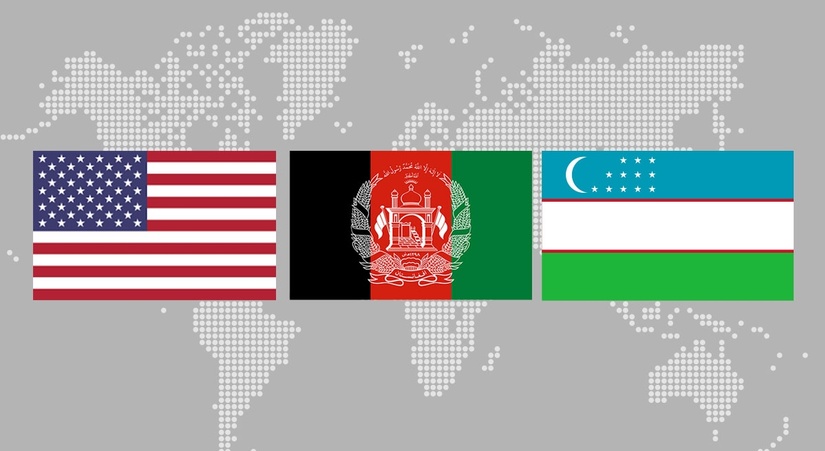

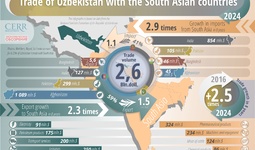
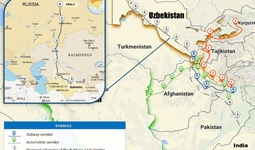
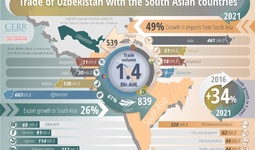
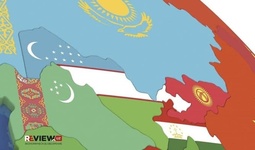
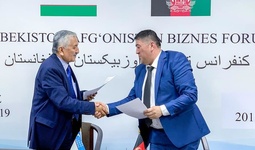













leave a comment